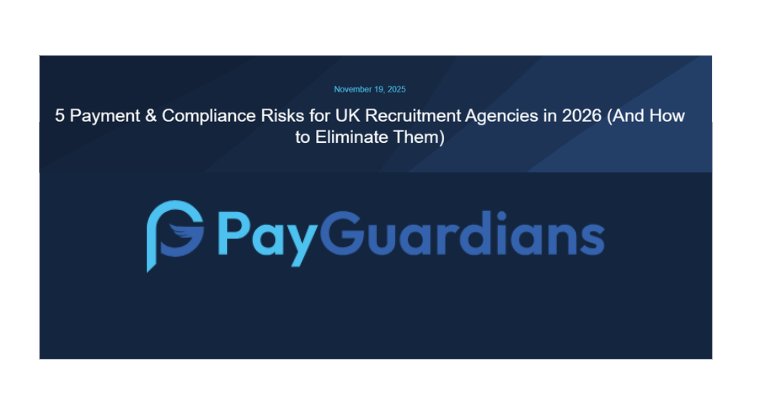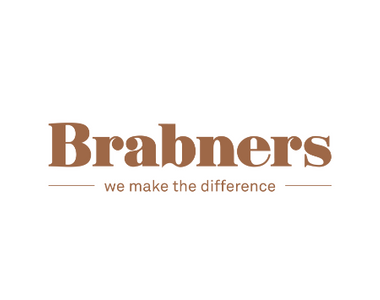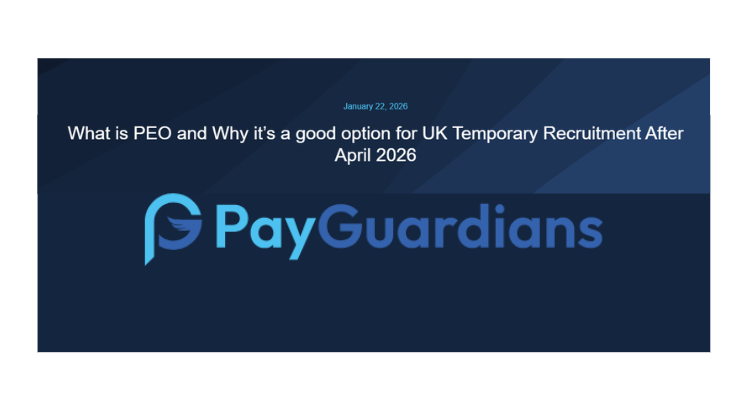To discuss your needs and how we can support you -
request a callback using the form below.
- Results:
Brabners: Tackling Non-Compliance in the Umbrella Company Market
Between 2022 and 2023, HMRC data showed that there were 700,000 umbrella company employees in the UK and that at least 275,000 of those were engaged by companies who failed to comply with their tax obligations — resulting in an estimated loss of £500m in tax revenue.
The issue of non-compliance in the umbrella company market has long posed challenges for everyone concerned in the labour supply chain, including compliant umbrella companies.
As a result of the significant tax leakage that was identified, the Government announced in its October 2024 Budget that it was bringing forward legislation to tackle non-compliance in the umbrella company market. The resulting legislative changes (from the Finance Bill and Employment Rights Bill) aim to increase accountability, clarify definitions and strengthen regulatory oversight and are due to take effect in April 2026.
Here, we outline what is changing in April 2026 (and beyond) and provide some practical steps that recruiters using umbrella companies need to take.
Two-Fold Changes: Tax and Employment Law
Tax: Joint and Several Liability
The draft Finance Bill was published in July and the final version of the Bill will be published with the Government’s budget on 26 November 2026.
In theory, the contents of the proposed legislation might change when the final version is published. Despite the fact that any changes should be minor, it will still be worth revisiting the position after the Budget.
The draft Finance Bill introduces Chapter 11 to the Income Tax (Earnings and Pensions) Act 2003 (ITEPA), making “relevant parties” jointly and severally liable for PAYE payments alongside umbrella companies.
Joint and several liability means that either the umbrella company or the “relevant party” is responsible for any tax and national insurance due in respect of umbrella employees in its labour supply chain.
The “relevant party” is defined in the legislation as either:
- The end user client (if the umbrella company contracts directly with the end user client).
- The party with the contract closest to the end user client (if intermediaries exist, for example an employment business).
Special rules apply for non-UK residents and connected parties which allow HMRC to pursue other parties aside from the umbrella company.
For the purposes of Chapter 11 ONLY, an umbrella company is defined as a business that:
- Employs a worker to personally to provide services to a client.
- Carries on the business of supplying labour.
- Is not a company in which the worker has a material interest.
- Meets the ‘umbrella company arrangements conditions’:
- There is a contract between that business and the client (or another person).
- Under that contract, the services of the worker are provided or the business is paid for the services.
This broad definition will catch not only conventional umbrella companies but also employment businesses if they employ temporary workers, as well as employers of record, agencies/consultancies who offer services such as hire, train & deploy models (if the individuals they supply are employed) and any other business or model that meets the definition of umbrella company above.
Exclusions and Chapter 7
Only employed workers are affected — the genuinely self-employed and those covered by other tax rules (IR35, Managed Service Companies, off-payroll working) are excluded.
For agency workers on contracts for services, Chapter 7 applies — making the closest party to the client responsible for PAYE.
Implications
HMRC can pursue the relevant party for all PAYE, not just underpayments. Liability is strict, with no “reasonable steps” defence.
Employment Law and Regulation
Redefining and Regulating Umbrella Companies
Rather than creating a new definition, the Government proposes to expand the definition of “employment business” in the Conduct Regulations to include umbrella activities. This means that umbrella companies will be subject to Conduct Regulations and oversight by the Employment Agency Standards Inspectorate (EASI), soon to become the Fair Work Agency.
How the regulatory framework will be changed and managed in practice are yet to be finalised, with further consultation expected.
Nine Practical Steps for Employment Businesses
- Assess whether you employ the flexible labour that you supply to your end clients.
- Review and strengthen supply chain due diligence, including Preferred Supplier Lists.
- Review auditing arrangements to ensure that risks can be spotted and recognised.
- Engage with umbrella company partners to understand their approach to the changes.
- Communicate proactively with your end user clients, be their source of calm and reasoned knowledge about the changes.
- Review relationships with MSPs, Neutral Vendors and other businesses in your labour supply chain.
- Consider contractual updates (warranties, indemnities, insurance) but remain aware that legislation is not yet finalised.
- Train your staff to understand the changes that are happening and their impact. Provide updated training on bribery and corruption policies and review policies to ensure that risk of exposure to liability is minimised.
- Be cautious of alternative avoidance models.
The Need for Proactive Engagement and Robust Compliance
The evolving regulatory landscape for umbrella companies demands proactive engagement and robust compliance strategies. By understanding the new tax and employment law requirements, reviewing supply chains and fostering transparent relationships with partners and clients, employment businesses can mitigate risks and position themselves as trusted advisors in providing workforce solutions. Staying informed and adaptable will be key as further details and obligations emerge from ongoing consultations.
For further guidance, contact Brabners’ recruitment and workforce solutions team:
- General enquiries: hello@brabners.com | 0333 004 4488
Related News/Blogs

Stop wasting time. Start winning business.
Book a Paiger Demo
- Partner Resource
-2.png)

Haven’t found what you’re looking for?
Join the APSCo Membership today!
Apply below and a member of the team will be in touch to discuss how APSCo membership can transform your business.
![current_brand[0].name current_brand[0].name](https://uk.apsco.org/hs-fs/hubfs/APSCo%20United%20Kingdom%20Logo%202024_RGB-1.png?width=400&height=160&name=APSCo%20United%20Kingdom%20Logo%202024_RGB-1.png)


